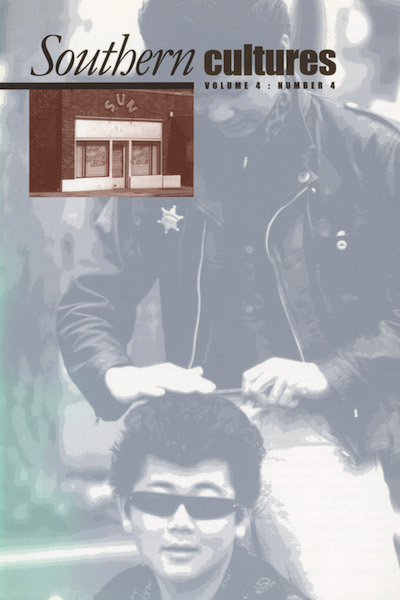University of Tennessee Press, 1995
Ellen Glasgow has long been known for attacking the South’s “evasive idealism” and calling for “blood and irony” in southern literature; but making sense of Glasgow and her work has often resisted the best efforts of students of southern literature. As Dorothy M. Scura notes in her introduction to this fine collection of essays on Glasgow, critics have until recently uneasily classified Glasgow as “a transitional figure in Southern letters, a writer who published books in the time between Thomas Nelson Page and William Faulkner.” In critical paradigms dominated by the Fugitive-Agrarians of Nashville, Glasgow remained “an outsider, an anomaly,” someone who “did not quite fit the contest of the Southern Literary Renaissance.” But those critical paradigms scarcely allowed for Glasgow’s strongly feminist orientation, which shaped her critique of southern society in general and its designated roles for white women in particular. Her own pronounced sense of being in lonely rebellion against regional tradition was also a consequence of this feminist orientation.


